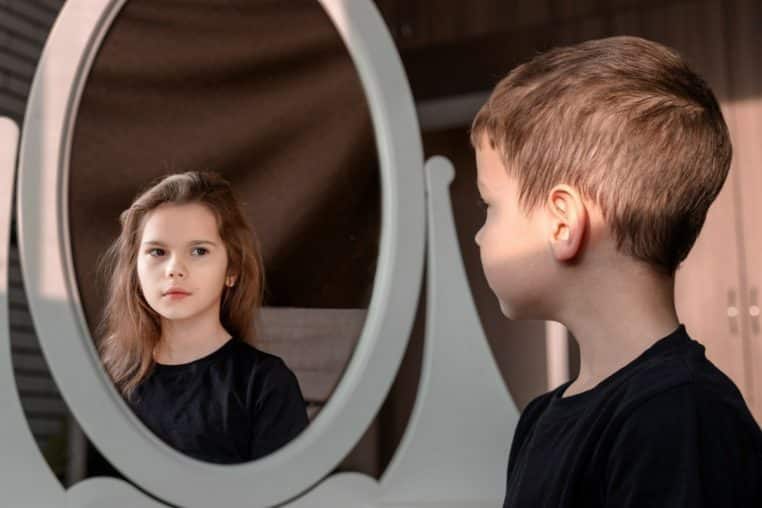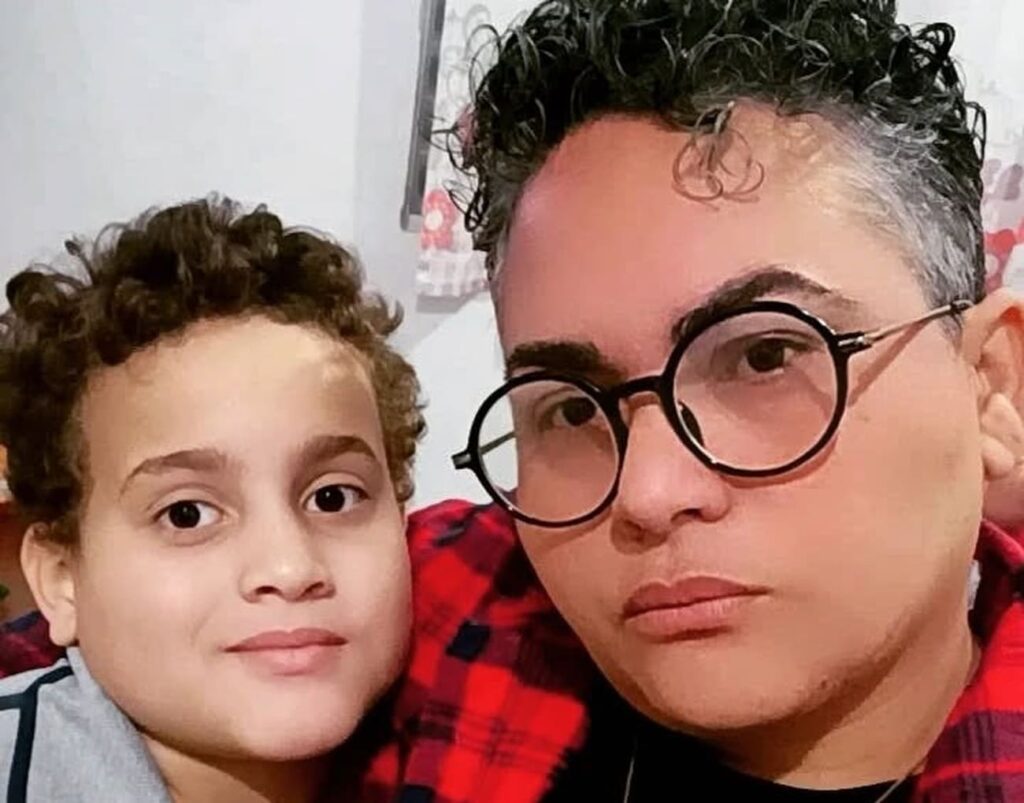The number of transgender children in society continues to rise, despite the hardships many of them face within their communities. Discrimination, distress, and judgment form an integral part of their lives. In light of this, the NHS aims to improve the ways in which they can be protected!
Transgender children: A daily struggle!
In reality, the phenomenon of being transgender is not recent and does not occur solely in the West. On the contrary, it has existed for ages and in every corner of the globe. From Italy to Japan, and even to Côte d’Ivoire, it primarily affects children!
In these places, transgender children live like everyone else, with their specific needs. However, in Europe, they still have a long way to go before society fully accepts them. Yet, many people don’t realize that this issue has nothing to do with social influence, whims, or fashion.

These children are engaged in an internal struggle that few can truly understand. As a result, many of them experience what is known as gender dysphoria. Far from being a pathology, it is more a combination of anxiety, social isolation, and depression, with some even having suicidal thoughts!
In this silent yet deadly distress, parents often don’t know how to respond. At school, their children face rejection, and even humiliation, from peers. Additionally, the reactions from those around them are often unhelpful! This is why it’s critical to implement educational, social, and medical measures for transgender children!
A measure appropriate to the problem!
The initiative to examine the mental health of transgender children comes from pediatrician Baroness Hilary Cass. In her report, she highlights the significant damage caused by puberty blockers among adolescents. As a solution, she proposes a “more cautious approach”, in addition to standard medical treatments!
Indeed, gender dysphoria is primarily a concern for children’s health. It’s essential to move beyond initial prejudices related to transgender individuals. This is the goal of the NHS as it seeks to impose new guidelines within pediatric facilities.


To simplify, any adolescent seeking to transition in gender must first go through a specific program. This includes assessments concerning their mental health, particularly regarding “neurodevelopmental disorders”. The same applies to their relationships with family and their views on sexuality!
Another surprising observation is the high number of autistic children within transgender communities. As might be expected, this increased clinical oversight has faced sharp criticism. However, transgender associations have stated: “The NHS’s more thorough and holistic evaluation is welcomed”.
A revolution in transgender identity!
Beyond the mental health issues faced by transgender children, the “gender-critical” feminist movement has also scored a significant victory. From now on, transgender women will no longer hold the same legal status as women. This decision by the Supreme Court is met with approval from many!


Kemi Badenoch, the leader of the Conservative Party in the UK, states: “Claiming that ‘trans women are women’ has never been true in fact and is no longer true in law either. This is a victory for all women who have suffered personal violence or lost their jobs for stating the obvious”.







